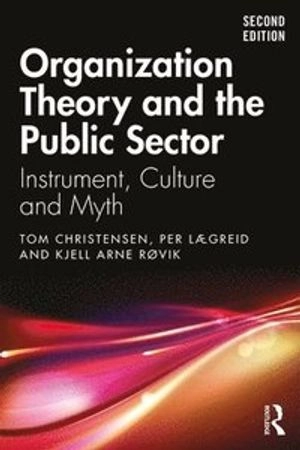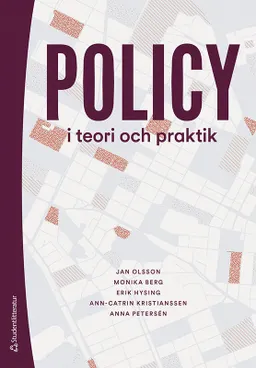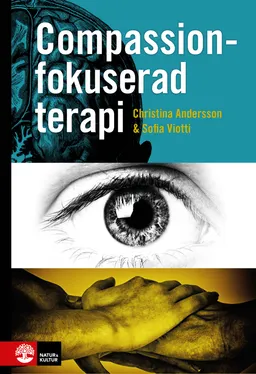

Organization Theory and the Public SectorUpplaga 2
- Upplaga: 2a upplagan
- Utgiven: 2020
- ISBN: 9780367428914
- Sidor: 220 st
- Förlag: Routledge
- Format: Häftad
- Språk: Engelska
Om boken
Åtkomstkoder och digitalt tilläggsmaterial garanteras inte med begagnade böcker
Mer om Organization Theory and the Public Sector (2020)
I mars 2020 släpptes boken Organization Theory and the Public Sector skriven av Tom Christensen, Per Lgreid, Kjell Arne Rvik. Det är den 2a upplagan av kursboken. Den är skriven på engelska och består av 220 sidor. Förlaget bakom boken är Routledge.
Köp boken Organization Theory and the Public Sector på Studentapan och spara pengar.
Referera till Organization Theory and the Public Sector (Upplaga 2)
Harvard
Oxford
APA
Vancouver



















